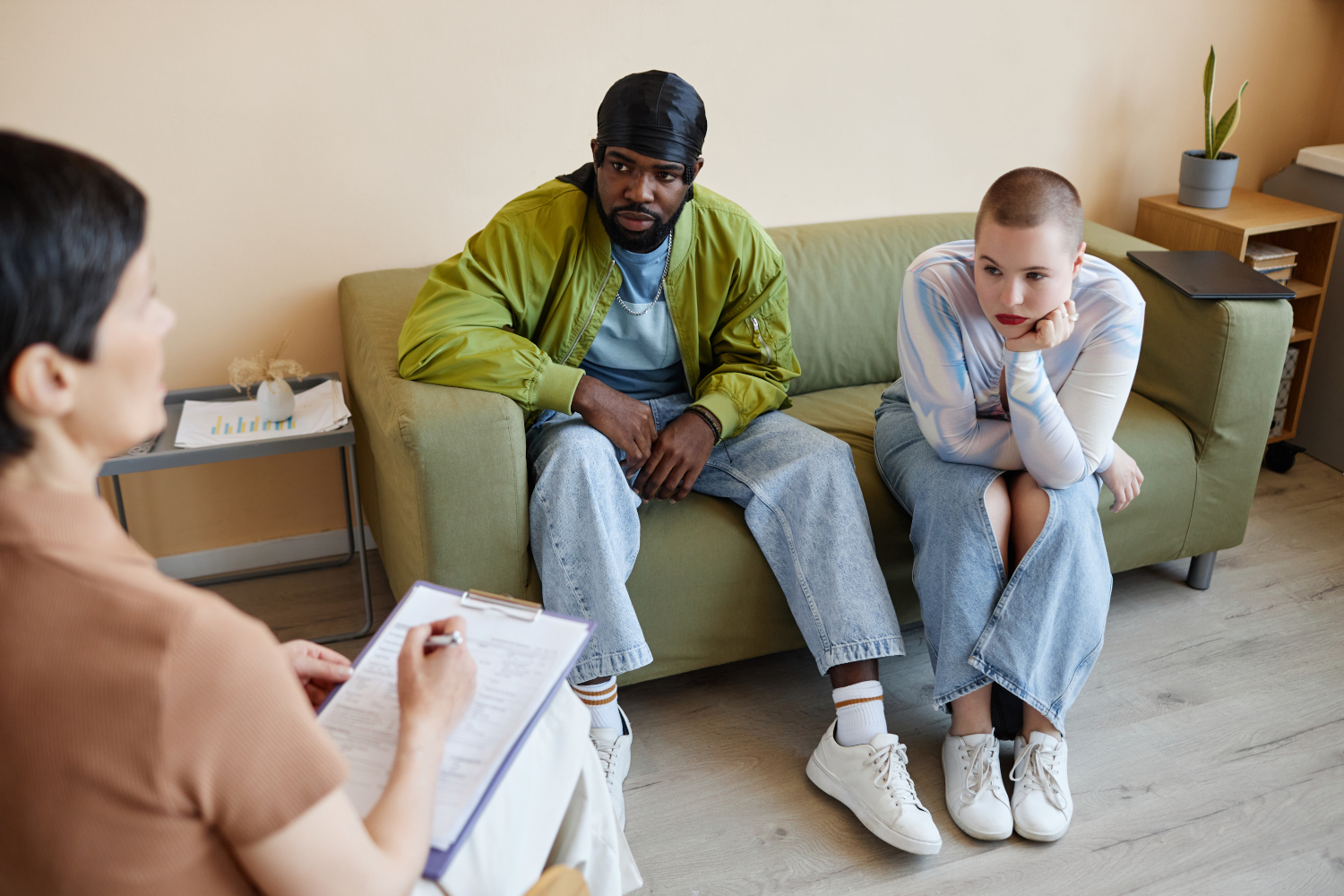Addiction can be incredibly challenging to cope with, and the idea of starting rehab can be intimidating. This often prevents individuals from accessing the support they need. One of the best ways to address this fear is by providing clear, accessible information about what happens in rehab. By understanding the process, families can support their loved ones better and help dispel myths and anxiety around rehabilitation.
What is Rehabilitation?
The purpose of rehabilitation is to facilitate recovery from addiction, a chronic disease that can significantly impact an individual’s life. The goal of rehab is to make addiction recovery accessible and to help individuals:
- Reduce reliance on substances
- Build positive coping skills
- Address underlying health issues (both physical and mental)
- Heal from trauma or other causes of addiction
- Increase confidence and accountability
- Improve overall well-being
Rehabilitation typically involves six key processes:
- Assessment and Admission
- Therapeutic Intervention
- Medical Support
- Life Skill Development
- Family Involvement
- Establishing Aftercare Support
Assessment and Admission
The first step in rehab is the assessment and admission phase. During this time, the individual will undergo a series of screenings and interviews to provide the staff with a full picture of their needs. This may include:
- Medical examinations
- Psychiatric evaluations
- Interviews about physical and mental health, substance use history, and safety
This phase is crucial for creating a personalized treatment plan. Honesty during this stage is essential to ensure the most appropriate support is provided.
Therapeutic Intervention
Therapy is a cornerstone of rehab treatment. Various types of therapy may be offered, including:
- One-on-one therapy
- 12-Step programs
- Cognitive Behavioral Therapy (CBT)
- Dialectical Behavioral Therapy (DBT)
- Group therapy
- Family therapy
- Art, music, and trauma therapy
- Meditation and mindfulness practices
A combination of these therapies is typically used to address the multifaceted nature of addiction.
Medical Support
Addiction affects both the body and the mind. Medical support is often necessary, especially during the detox phase, which allows the body to adjust to functioning without drugs. Medical Assisted Therapy (MAT) might include:
- Detoxification from alcohol and drugs
- Withdrawal management
- Prescription medications
This medical support helps manage withdrawal symptoms and other physical aspects of addiction recovery.
Life Skill Development
Rehabilitation often includes life skills development to help individuals build healthier habits and routines. This might involve:
- Healthy eating and nutrition education
- Physical exercise programs
- Mindfulness practice
- Development of coping mechanisms
- Stress management techniques
These skills are essential for maintaining long-term recovery and improving overall quality of life.
Family Involvement
Addiction affects not just the individual but also their loved ones. Rehab often integrates family involvement through:
- Family therapy sessions
- Education programs for families
- Support groups for loved ones
This approach helps families understand addiction, provides a safe space for communication, and offers support for family members.
Establishing Aftercare Support
Recovery is an ongoing process that continues after leaving rehab. Establishing aftercare support is critical for maintaining long-term sobriety. Before discharge, individuals will work with clinicians to develop a personalized aftercare plan, which may include:
- Ongoing therapy sessions
- Support group meetings
- Continued medical support
- Strategies for maintaining focus and motivation
Supporting Your Loved One in Rehab
Understanding what happens in rehab can help families support their loved ones through the recovery process. Here are ways you can help:
- Encourage Honesty: Support your loved one in being honest during their assessment to ensure they receive the best possible care.
- Stay Involved: Participate in family therapy and education programs to better understand addiction and recovery.
- Promote Healthy Habits: Encourage healthy eating, exercise, and stress management techniques.
- Support Aftercare: Help your loved one stick to their aftercare plan by providing ongoing encouragement and support.
By being informed and involved, families can play a crucial role in their loved one’s journey to recovery. In South Africa, where addiction continues to be a significant issue, understanding and supporting the rehab process is essential for fostering a supportive environment for recovery.







